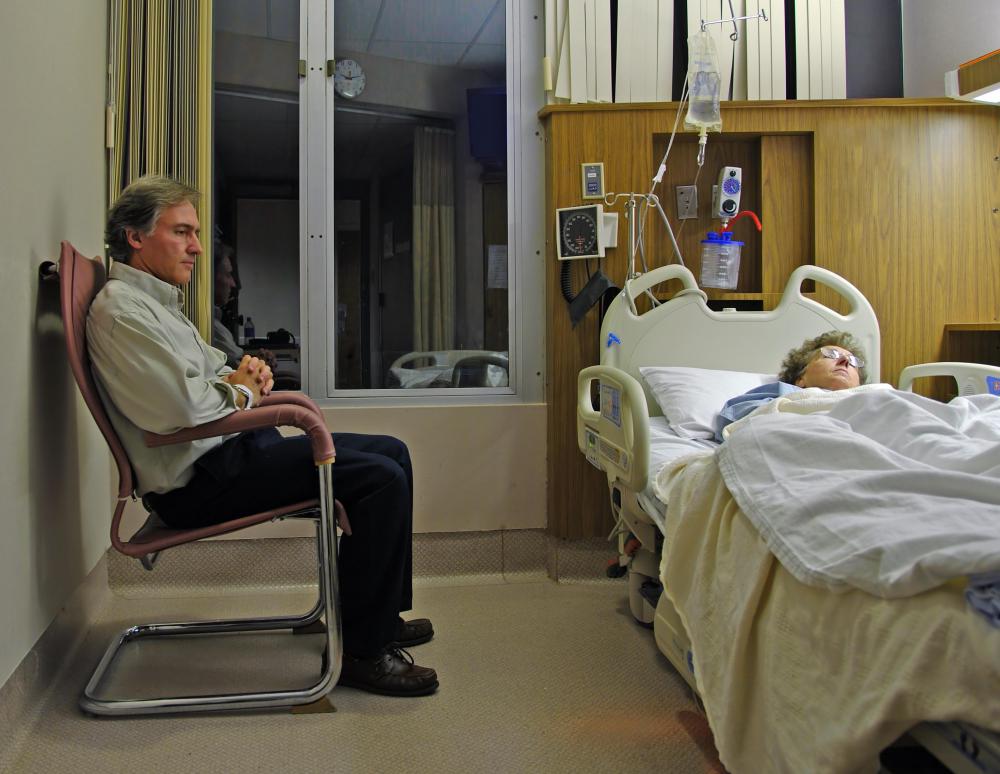At TheHealthBoard, we're committed to delivering accurate, trustworthy information. Our expert-authored content is rigorously fact-checked and sourced from credible authorities. Discover how we uphold the highest standards in providing you with reliable knowledge.
What is Acute Intoxication?
Acute intoxication is a diagnosis that is used by diagnostic manuals, like the ICD (International Classification of Diseases), to describe a person who has been altered in one or more ways by an intoxicating substance. It’s common to think of alcohol, but according to the ICD, any drug prescribed or illegal, that may cause intoxication, can cause this condition. The areas that may be affected by acute intoxication include patterns of thinking (cognitive), patterns of perceiving things, ways a person behaves, body movement, and a person's judgment. Additional problems can arise like extreme vomiting and there is some risk of conditions like inhaling vomit or falling into a coma if the intoxication is severe. This condition is usually temporary and resolves as a patient’s body processes the substance that created the problem.
From a diagnostic perspective, the diagnosis of acute intoxication is made in the absence of evidence of chronic bouts of intoxication and conditions like drug or alcohol dependence. The layperson’s perspective is a bit different. If a person appears to be suffering from acute intoxication, and especially if most of the different functionings of the body are affected, it’s usually wise to seek medical help. The dangers of lapsing into a coma or inhaling vomit are strong, especially if a person is unconscious. At the very least, a call to poison control is recommended to get medical advice on how to proceed.

Physical reactions in acute intoxication may be the reverse of what would normally be expected from a drug. Some patients will get very sleepy or cognitively dull from taking stimulants, and others might become hyper or overcharged from use of depressants. A person’s basic health can also contribute to how quickly intoxication occurs. Drugs that are metabolized through the liver or kidneys may be more active in the body if these organs are damaged, for example.

Additionally, with drugs like alcohol, other factors may determine how quickly intoxication occurs, like drinking habits, body weight, consuming or failing to consume foods while drinking, and use of concurrent medications, such as antihistamines. Another influence on how intoxicated people become depends on how they perceive the drug they will take and expect it to act. Intoxication can be more serious than expected if a person taking a medication strongly believe that it would be.

Acute intoxication, though transient, represents a medically dangerous scenario. Any drug with the power to intoxicate, such as sedatives, painkillers, antihistamines, etc., has the potential to cause this reaction based on a person’s health, status, and ability to metabolize medications. Should the symptoms of acute intoxication occur with prescribed drug use, people should also seek medical help, since this reaction is viewed as adverse.
AS FEATURED ON:
AS FEATURED ON:


















Discuss this Article
Post your comments